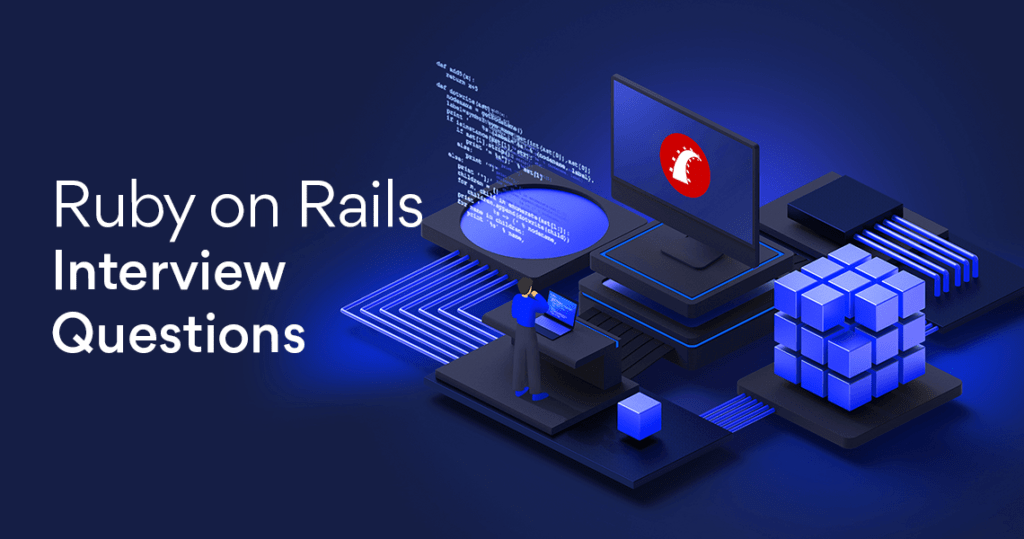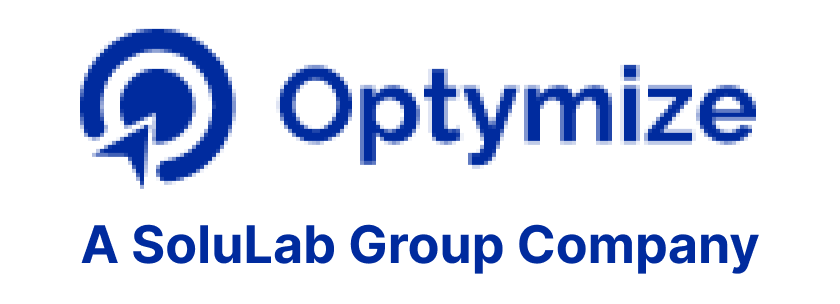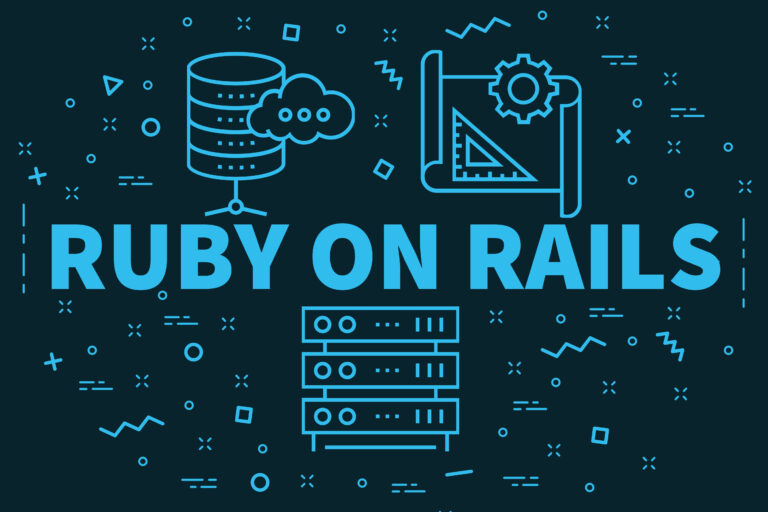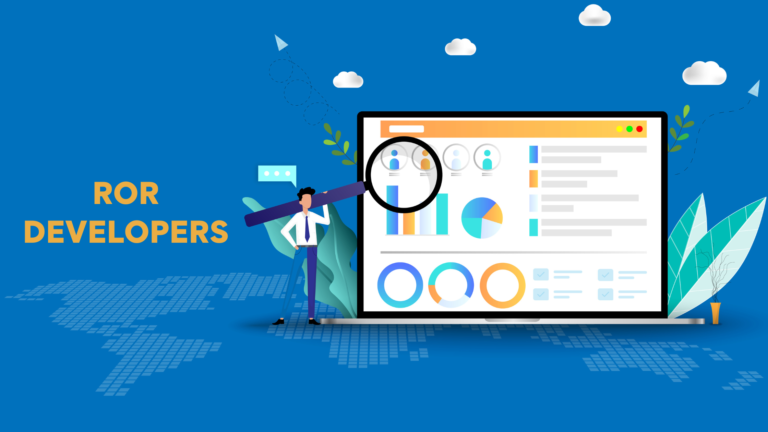Ruby on Rails Interview Question

Outline
This is a comprehensive guide on Ruby on Rails Interview Questions and Answers. It has three sets of important Ruby on Rails interview questions and answers: Beginners, Intermediate and Advanced.
With the help of our sure-fire Ruby on Rails interview preparation guide, you can ace your upcoming interview and land your dream position as a Ruby on Rails developer.
Introduction
You will succeed in your interview for a Ruby on Rails programmer if you prepare well for the questions. You must be prepared for the most common queries if you are applying for a job requiring you to work with the Ruby on Rails web application framework.
Many renowned businesses, like Twitter, Airbnb, Hulu, Netflix, GitHub, Bloomberg, and many others, use Ruby extensively. Rails is used to create 90% of Ruby web apps. Class hierarchies, encapsulation, inheritance, and polymorphism are important ideas that you must be prepared for, as are more complex ideas like multithreading and deploying your Rails application.
Check out our technical interview resources, interview questions and e-book to prepare for technical interviews if you’re a software engineer, code engineer, software developer, engineering manager, or tech lead.
Let us look the chart to get an idea of salaries according to location:
Ruby on Rails interview questions for Beginners
1. Tell us about the Architecture of Ruby on Rails
The Model-View-Controller (MVC) architecture paradigm is used by Ruby on Rails to make the application more maintainable.
2. What is the function of Active Record in Ruby?
3. What do you know about the Ruby on Rails ERB?
4. Mention some of the facts which you find really good about Ruby
5. Is it possible in Ruby to develop database-driven applications? What is the basic approach?
6. What can you tell us about the Ruby on Rails action controller?
This is essentially a crucial aspect of Ruby that ensures that traffic is directed on the one hand and that models can be queried in a trustworthy manner on the other. Additionally, it arranges and defines data in a way that is applicable all over the domain.
Intermediate Ruby on Rails Interview Questions
With some practise, you’ll be able to react fluently to fundamental Ruby on Rails interview questions. In this section, we’ve gathered some difficult Ruby on Rails interview questions for you. This section might help you prepare for the specific types of intermediate Ruby on Rails interview questions you can encounter when looking for work.
1. What do you mean by the term "scaffolding" and what benefits might Ruby provide in this regard?
Users frequently have to write codes in the first stages of project development. These programmes make it possible to swiftly and reliably create the application while also keeping a careful check on the operation of several key parts. Ruby automatically builds the scaffolding, leaving users free to focus solely on the core development from the very first day of creation.
2. What prerequisites must be met before using Ruby on Rails to create a project?
To store and manage all actions and related programmes, a webserver and database system should be installed on the system. Additionally, a trustworthy installation of Ruby and the Rails framework are required. Users can use the WeBrick server that is included with this framework. Generally speaking, Apache and TPD are two other options that most users frequently choose.
3. Name a few Directories in ruby and explain their purpose
App View – these Views have identical display templates and fill them with information from a separate framework.
3. What does Ruby on Rails' object relationship model actually mean?
The object relationship model clearly shows that all classes are quickly mapped to the systems, and the best part is that users are free to maintain the pace over time. Additionally, it shows how the tables and rows are linked to the classes.
4. What does Ruby on Rails' garbage collection mean?
5. What exactly do you mean by "rail migration"?
6. What does rake in Rails mean?
Advanced Ruby on Rails interview questions
1. Explain Interpolation in Ruby
2. What distinguishes the words "delete" and "destroy"?
The destroy function run callbacks like before_destroy, after_destroy, and observer methods as well as any dependent records in addition to deleting the record from the database.
3. Explain Ruby on Rails' Polymorphic Association.
4. What Does Rails' Meta-Programming Mean?
4. How Does Active support "HashWithIndifferent" Differ From Ruby's "Hash"?
5. How Do Ruby on Rails Observers Differ From Callbacks?
In Rails, callbacks are methods that can be used at specific points in an object’s lifecycle. It can be used to validate, update, create, or delete an item. This won’t last long. You could, for instance, run a thread and respond with a callback when it finishes.
6. What Does Rails Migration Mean? How Can a Rails Migration Be Created?
Drop table
Rename column
Change column
Add column
Create table
Remove column and so on
To build a migration command, use the following Rails code (For windows): C:\ruby\application>ruby script/generate migration table_name.
7. How is Ajax implemented in Rails?
When a user hits a button or a link, the data in the field or on a form is changed.
When a web client delivers data to a server-side action handler associated with the trigger using an XMLHttpRequest, a Java-script method, or both (it may be the ID of a checkbox or the text in the entry field).
The server-side action handler processes the data, extracts a piece of HTML, and sends it to the web client.
The HTML fragment is delivered to the client-side JavaScript, which Rails automatically generates, and is then used to update a specific section of the current.
8. How You Run Your Rails Application Without Creating Databases?
Conclusion
We are confident that these Ruby on Rails interview questions and answers will be of great assistance to you throughout the process, whether you are a developer preparing for an interview or a hiring manager looking for the best applicant.
Remember that the hiring process involves more than just technical competence. If you want to be hired for a high-paying web development profession, you must have both previous experience and soft skills.
Remember that many of the open-ended Ruby on Rails interview questions. The interviewer will be interested in your rationale in addition to the answer you memorably provided. Be ready to respond to any follow-up questions about how you arrived at your decision. Describe your proper thought process.
Good Luck! Regarding your future Ruby on Rails interview. You can browse through our listings for Ruby on Rails developer jobs here.






